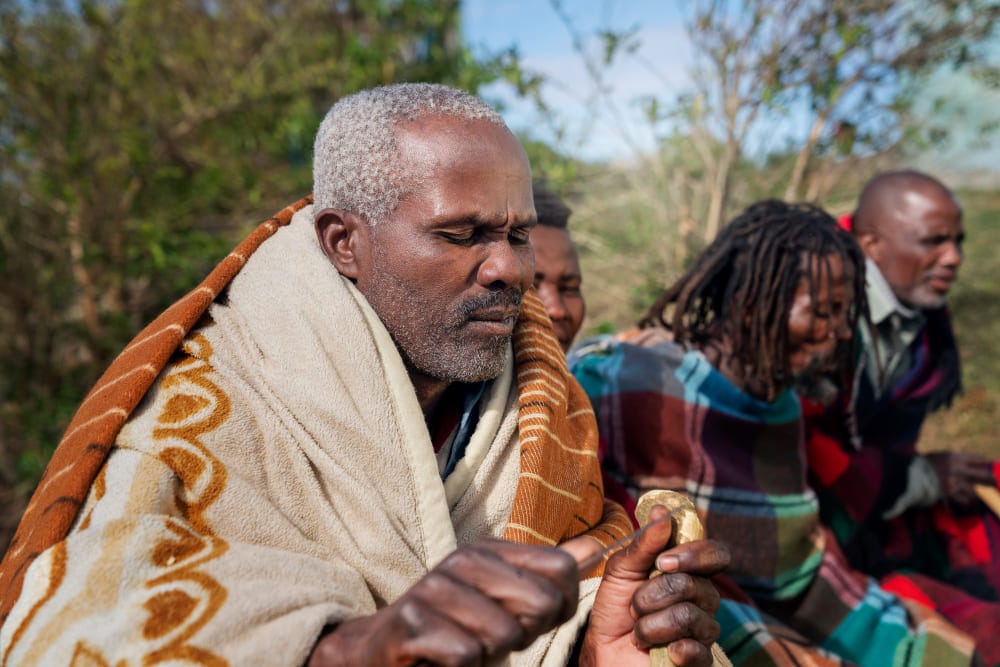The Unspoken Truth: How Men Fuel the Cycle of Female Genital Mutilation

Female Genital Mutilation (FGM) is often framed as a "cultural practice," but let's be honest—it's a practice deeply rooted in male control and power. While many arguments focus on tradition, community expectations, or even misguided notions of purity, the undeniable reality is that men have historically been the driving force behind FGM. This harmful practice was designed to serve male interests, ensuring women’s "faithfulness" while men themselves are never subjected to the same restrictions.
FGM has been justified under the guise of preserving a girl’s virtue, making her marriageable, and keeping her loyal to her husband. But here’s the contradiction: While women are forcibly subjected to pain and lifelong complications to supposedly keep them "pure," no such equivalent measure exists for men. Who keeps men faithful? No one. Men expect women to undergo FGM to limit their sexual pleasure, thereby discouraging infidelity, yet they themselves are free to roam as they please. This hypocrisy exposes the true nature of FGM—not as a rite of passage or an honorable tradition, but as a mechanism of male dominance.
FGM is not just about cutting flesh; it is about cutting away a woman’s autonomy. It is a deliberate act of control disguised as culture. By reducing a woman's ability to enjoy sex, men ensure that women remain submissive, making them more "marriageable" and less likely to challenge their authority. It is a power play that extends beyond the bedroom into every facet of a woman’s life—her ability to speak up, to desire more, to exist beyond the confines of male expectations.
In many communities where FGM is practiced, men refuse to marry women who have not been cut, reinforcing the idea that a woman’s worth is tied to her mutilation. This pressure forces families to comply, fearing their daughters will be seen as "unmarriageable." While no major religion explicitly mandates FGM, men have twisted religious texts and cultural beliefs to justify its continuation. They use faith and tradition as shields to protect a practice that ultimately benefits them. Despite being the ones who push for FGM, men rarely take responsibility for the consequences. The burden of pain, infections, childbirth complications, and psychological trauma falls solely on women, while men continue to enjoy their unrestricted freedom.
Ending FGM requires men to be held accountable. If FGM is about ensuring faithfulness, then why is there no equivalent practice for men? If it’s about purity, then why are men not subjected to similar standards? The double standards must be exposed and challenged. Men must step up, not as silent bystanders or distant sympathizers, but as active voices against this practice. Governments and activists have made strides in outlawing FGM, but legal bans alone are not enough. Cultural perceptions must shift, and that begins with dismantling the patriarchal ideologies that fuel this practice. Men must be educated on the harm FGM causes and be held accountable for the role they play in its perpetuation.
FGM is not a women's issue—it is a male-created problem that women are forced to endure. Until men stop imposing restrictions on women that they would never accept for themselves, gender equality remains an illusion. The fight against FGM is not just about protecting girls; it is about dismantling male dominance disguised as tradition. It is time for men to take responsibility, question their role in the cycle of oppression, and work towards a world where women’s bodies are their own.
Bevaline Akinyi – Youth Advocate



